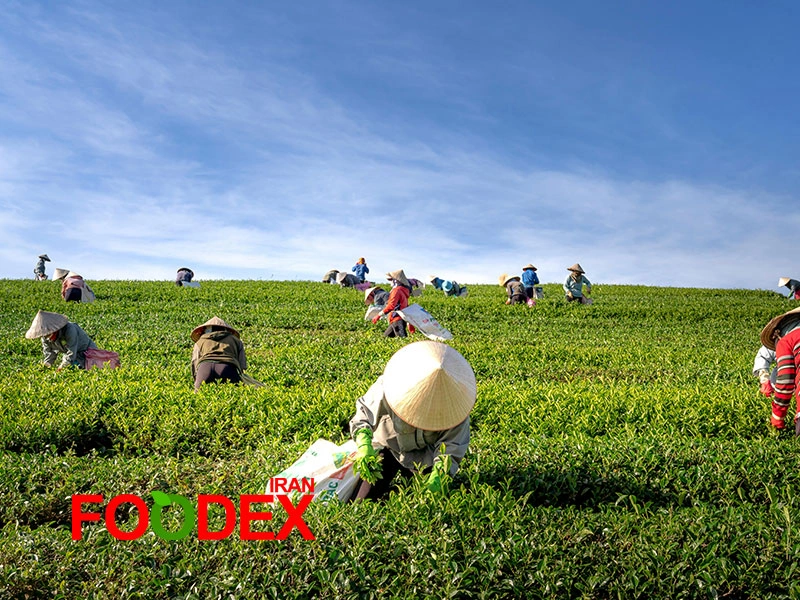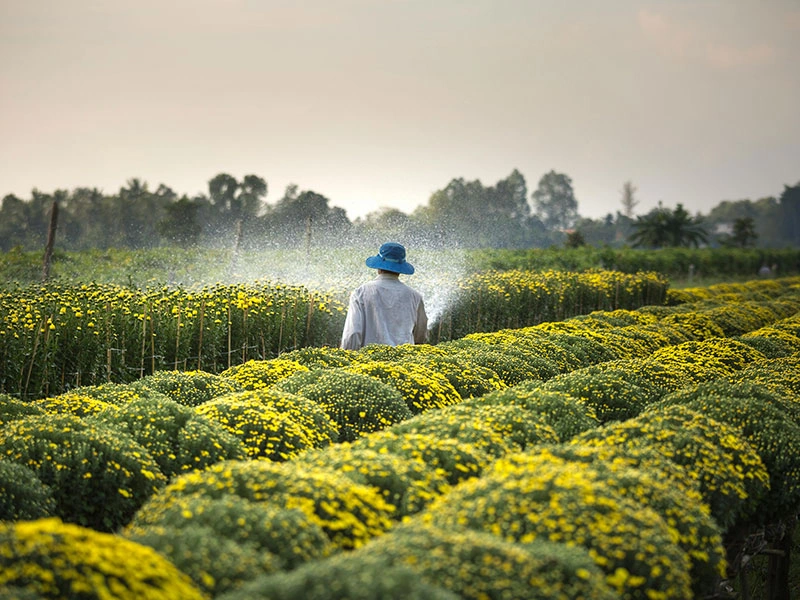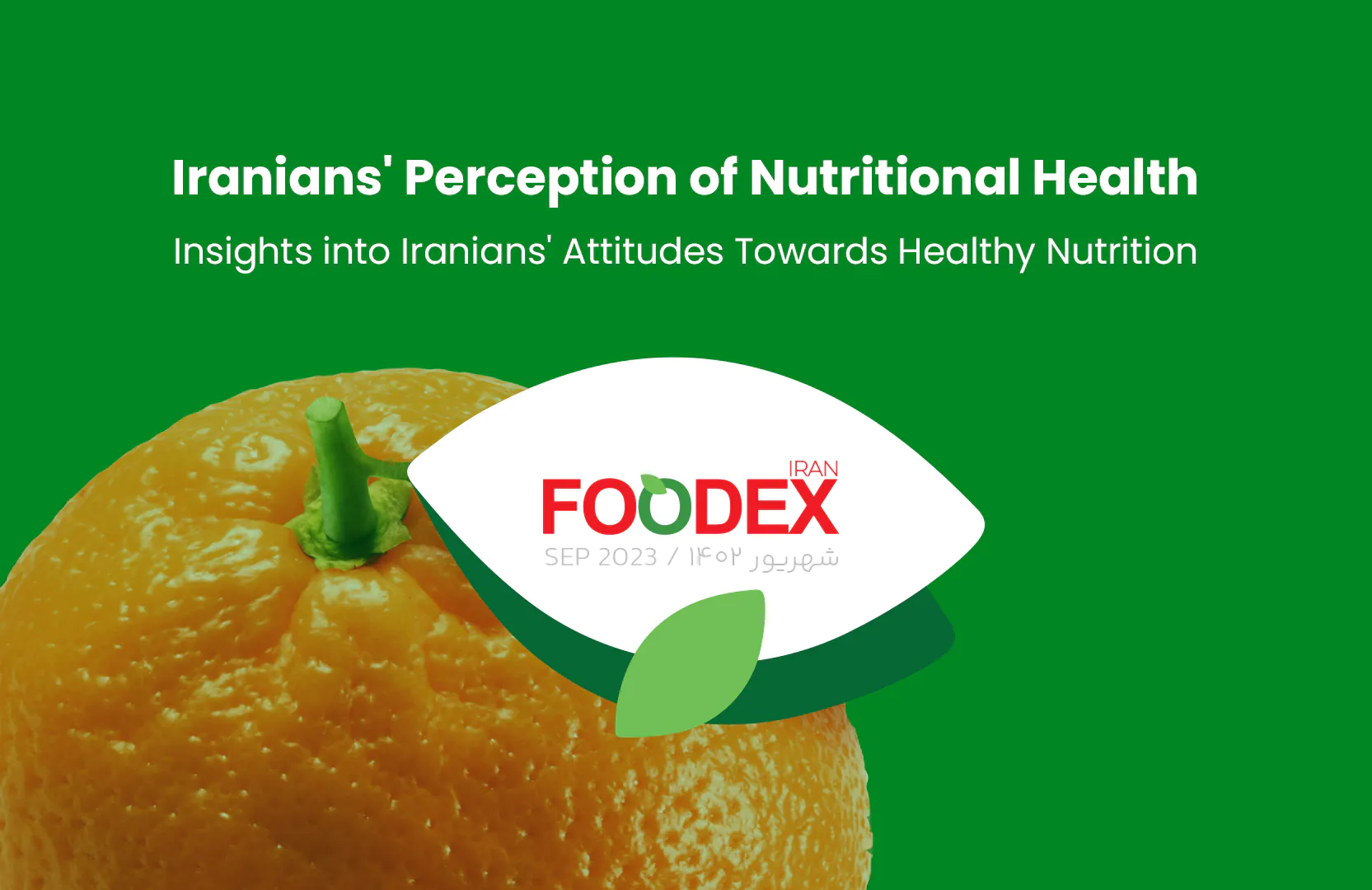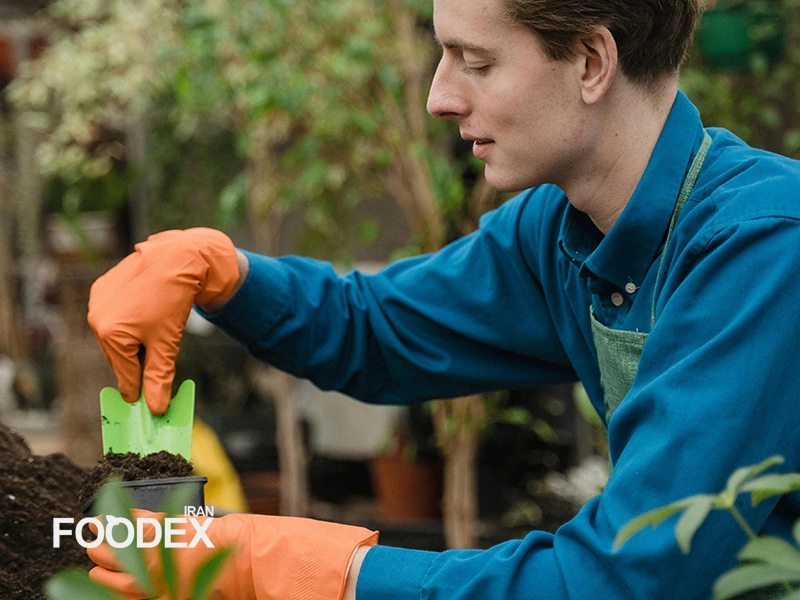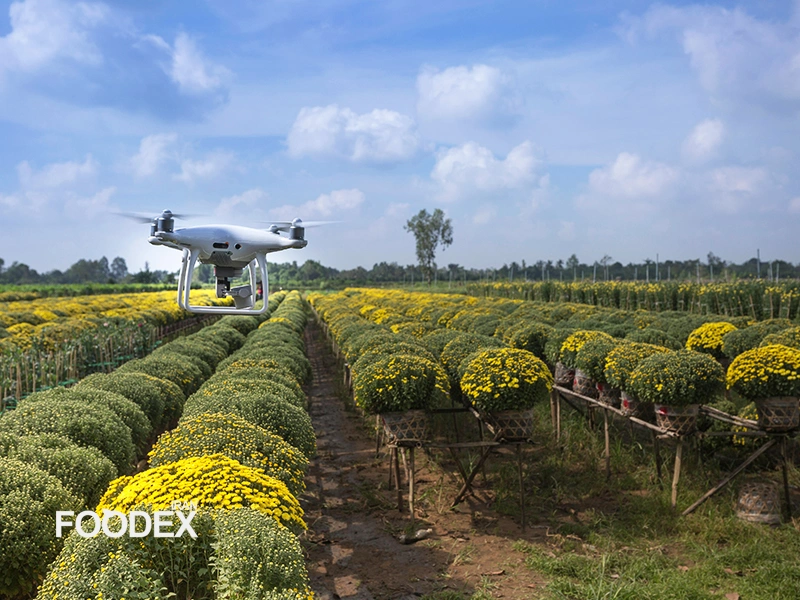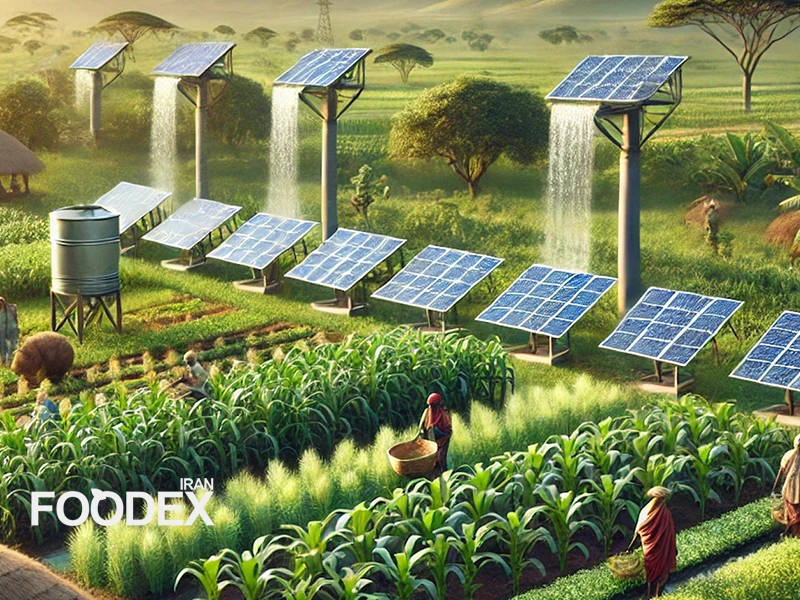Agriculture is one of the industries with the highest impact on the environment. This article from Foodex Magazine discusses strategies to reduce agriculture’s negative impact on our ecosystems.
Organization farming, renewable energy, and smart irrigation systems have received wider attention recently. Though there have been marked advances within these fields, many experts argue that relying entirely on green technology would be weak and inefficient in achieving long-term sustainability goals.
We will discuss how institutional and behavioral changes are called for together with modern technologies.
Green Technologies and Their Role in Agriculture
The main goal of green technologies is to use fewer resources and reduce environmental impact. Organic farming, for example, would improve the soil and reduce pollution by excluding the use of synthesized fertilizers and pesticides. Renewable resources are also harnessed as solar and wind energy generation at farms for farm needs, reducing fuels.
In addition, smart irrigation systems not only save water but also enhance agricultural productivity, allowing for higher yields with less resource use and minimal environmental impact. However, despite all these advantages, even green technologies cannot fully address the intricate challenges posed by our environmental issues.
The Need to Change at the Institutional and Behavioral Level
On the other hand, despite remarkable advancements in green technologies, ecological challenges and resource consumption persist and show no signs of slowing. This underscores the reality that green technologies are often at odds with existing institutional frameworks and consumer behaviors. Efficiency increases result in higher per capita consumption than lower, as evidenced by the so-called “Jevons Paradox.” Entering into these processes, this paradox means reforming institutions and consumption patterns.
Institutional Changes
Governments and international organizations can make valuable contributions to green technologies by developing appropriate policies. For instance, they can distribute subsidies to sustainable agriculture or restrict unsustainable methods of production. Without these institutional changes, even the most advanced technologies may fail to positively impact the environment.
Behavioral Changes
Consumers can also be instrumental in urging sustainable agriculture. Changing consumption patterns and emphasizing sustainable local products facilitate farmers’ reasons to embark on the pathway of sustainable practices. It is very important that appropriate environmental impacts of products are inculcated into consumer knowledge to achieve the necessary changes in behavior.
Proposed Solutions for Sustainable Agriculture
To achieve sustainable agriculture, a set of institutional and educational strategies—the following are just a few examples—is required.
Government Subsidies for Sustainable Agriculture: Governments can enhance the use of sustainable agriculture through targeted subsidies and special incentives. Support bases may include tax breaks, low-interest loans, and technical assistance.
Farmers’ Education: One of the most effective ways of improving productivity is training farmers to optimally utilize resources and adopt sustainable methods. Educational programs and workshops may be necessary for farmers to learn newer and more effective practices.
Selling Local and Sustainable Products: By shifting consumer behavior to purchase local and sustainable products, pressure on natural resources will be reduced. Grocery stores may also contribute to the shift by stocking more organic and locally sourced products.
Green Marketing for Food & Beverage
Download Report
Sustainable Agriculture for the Future
Green technology adoption alone is not the answer for sustainable agriculture. Other supportive policies, structural changes, and public awareness will provide all the information needed to achieve the goal of sustainable agriculture.
In this regard, governments can give their part through economic incentives and educational training programs. At the same time, consumers can change their buying habits to make the road to sustainability have corresponding impacts.
Combining new technologies with proper policies and behavioral change thus offers a holistic approach to sustainable agriculture, thereby constructing a better future for natural resources and the environment.
References
FAO (Food and Agriculture Organization)
IPCC (Intergovernmental Panel on Climate Change)
WWF (World Wildlife Fund)
Ehsan Allahverdi
Executive Manager of Foodex Iran
Marketing Consultant for Leading Food & Beverage Brands
website | linkedin

